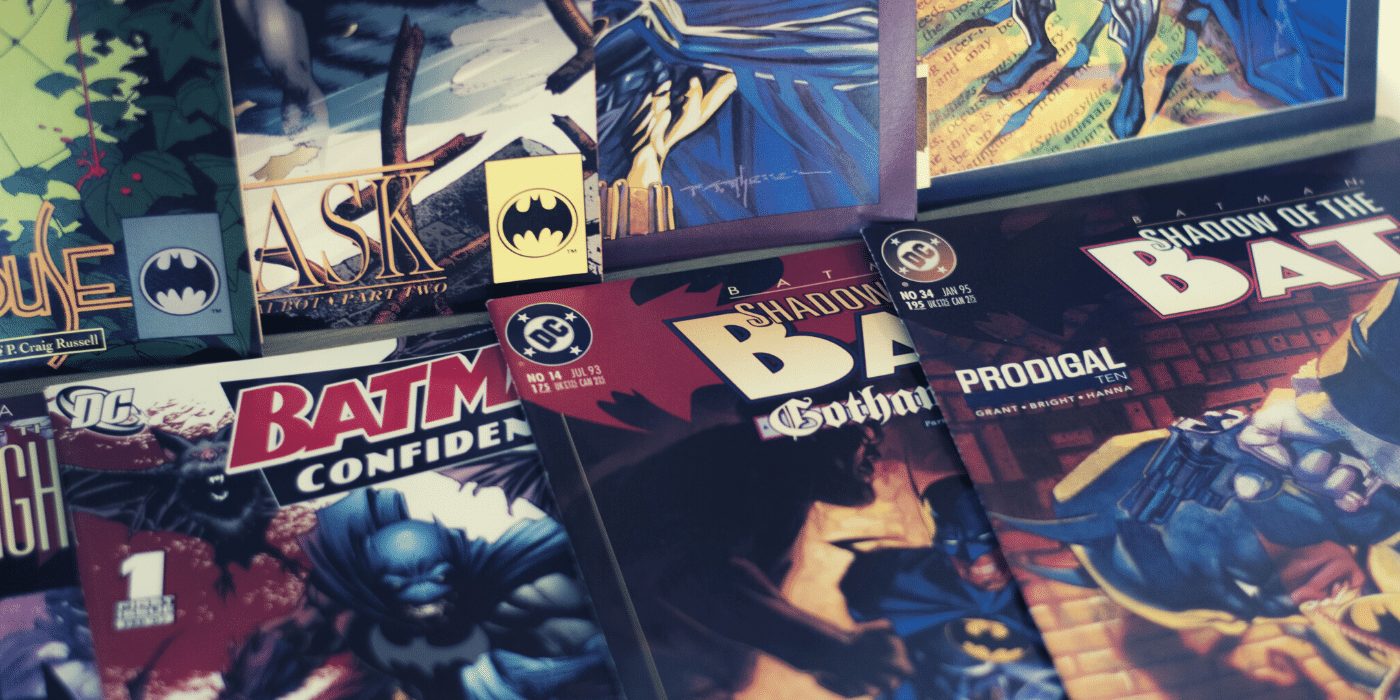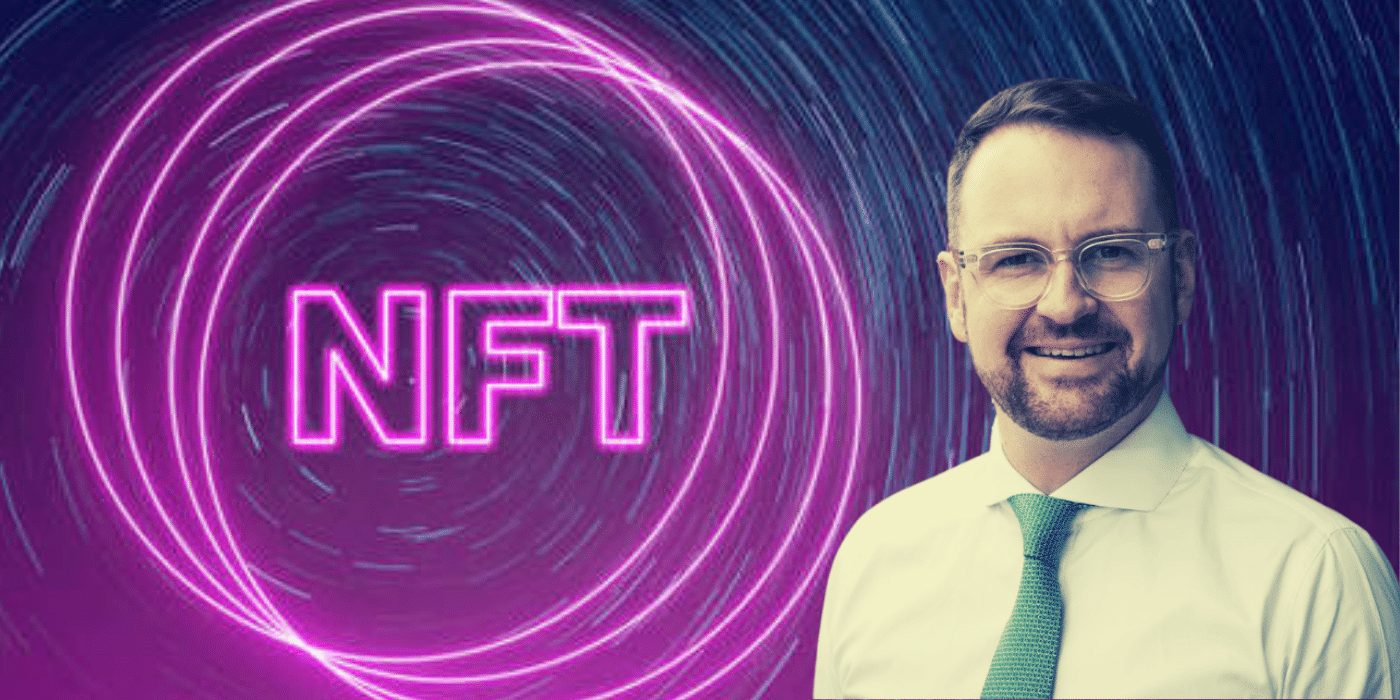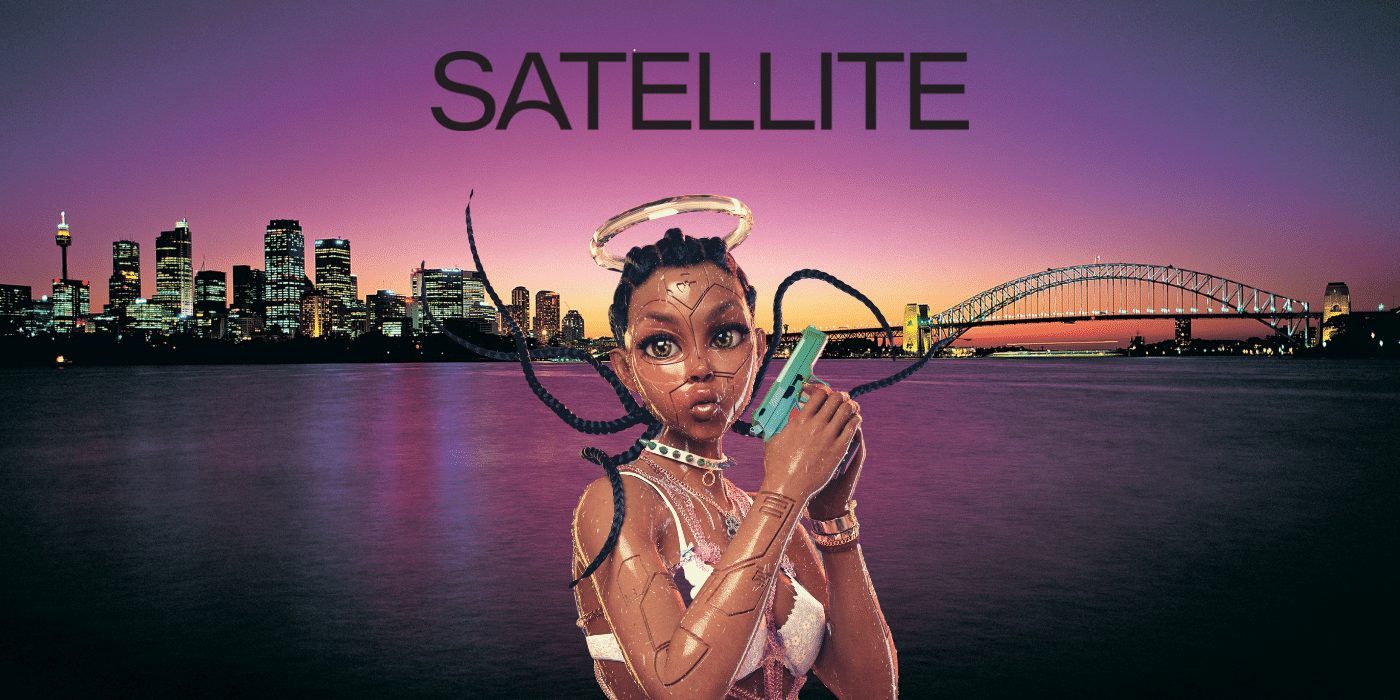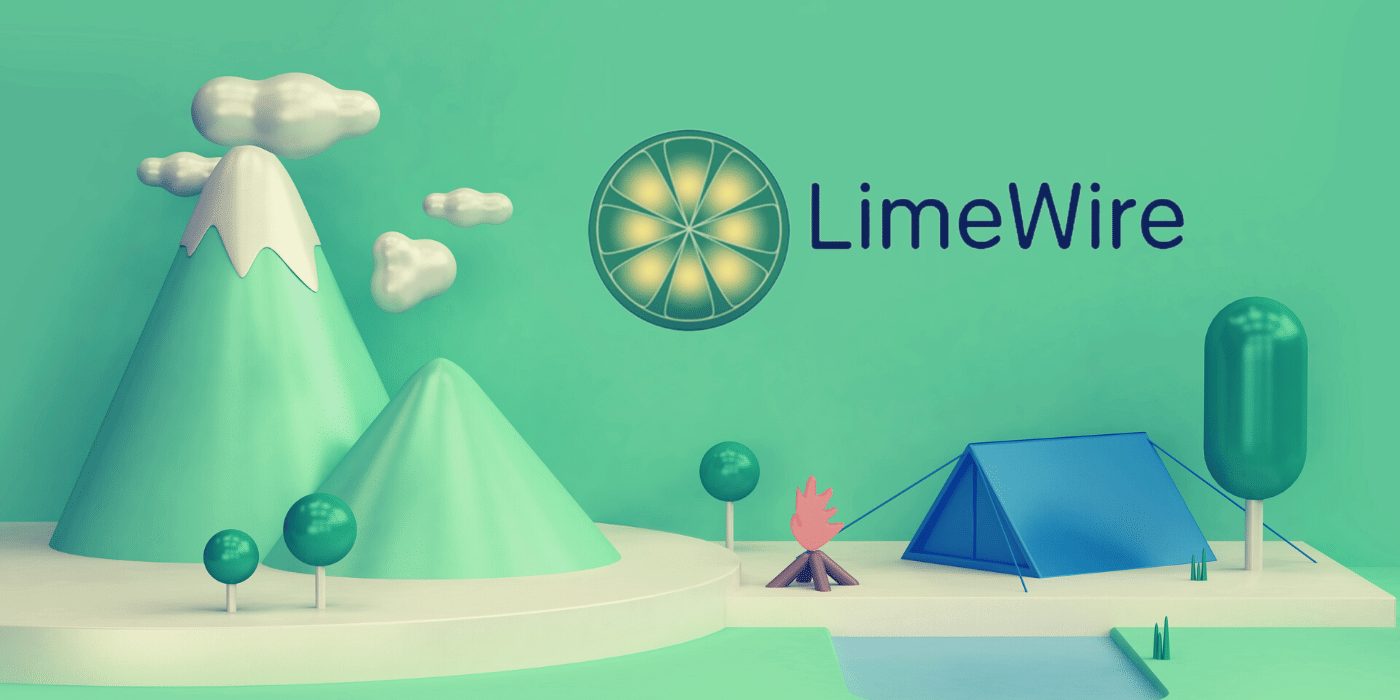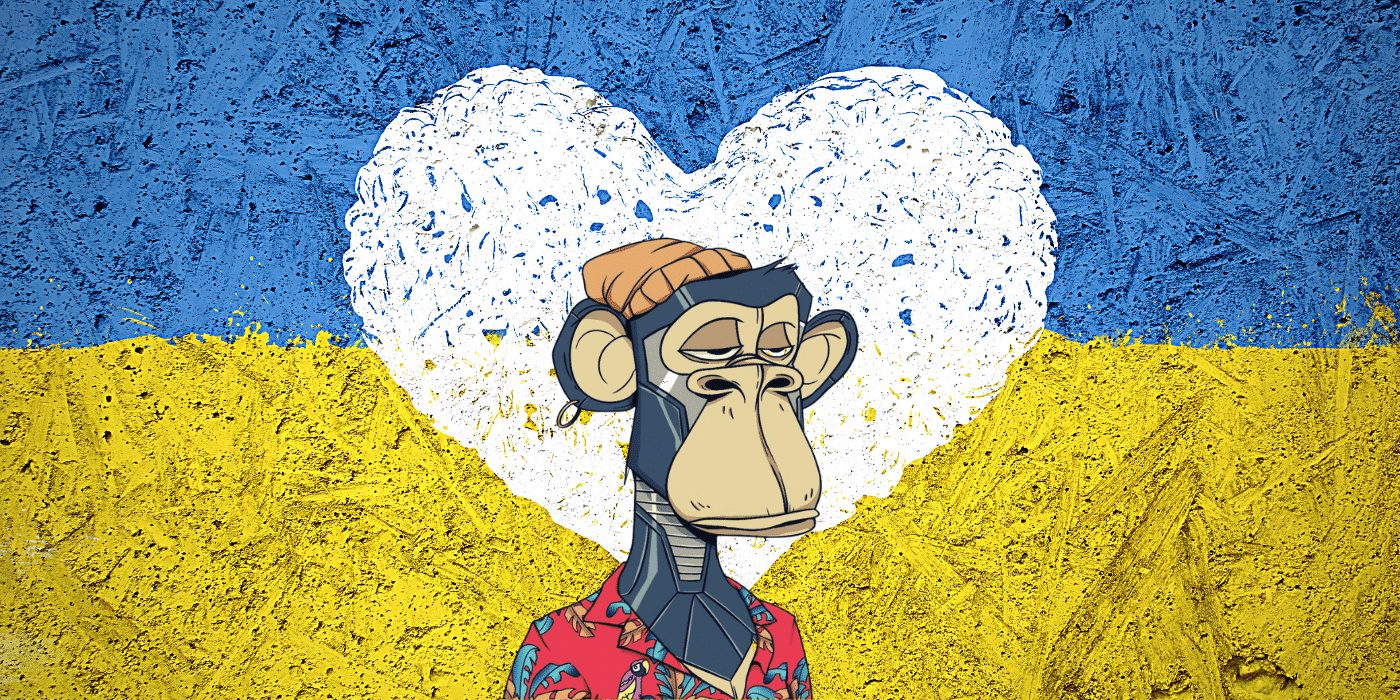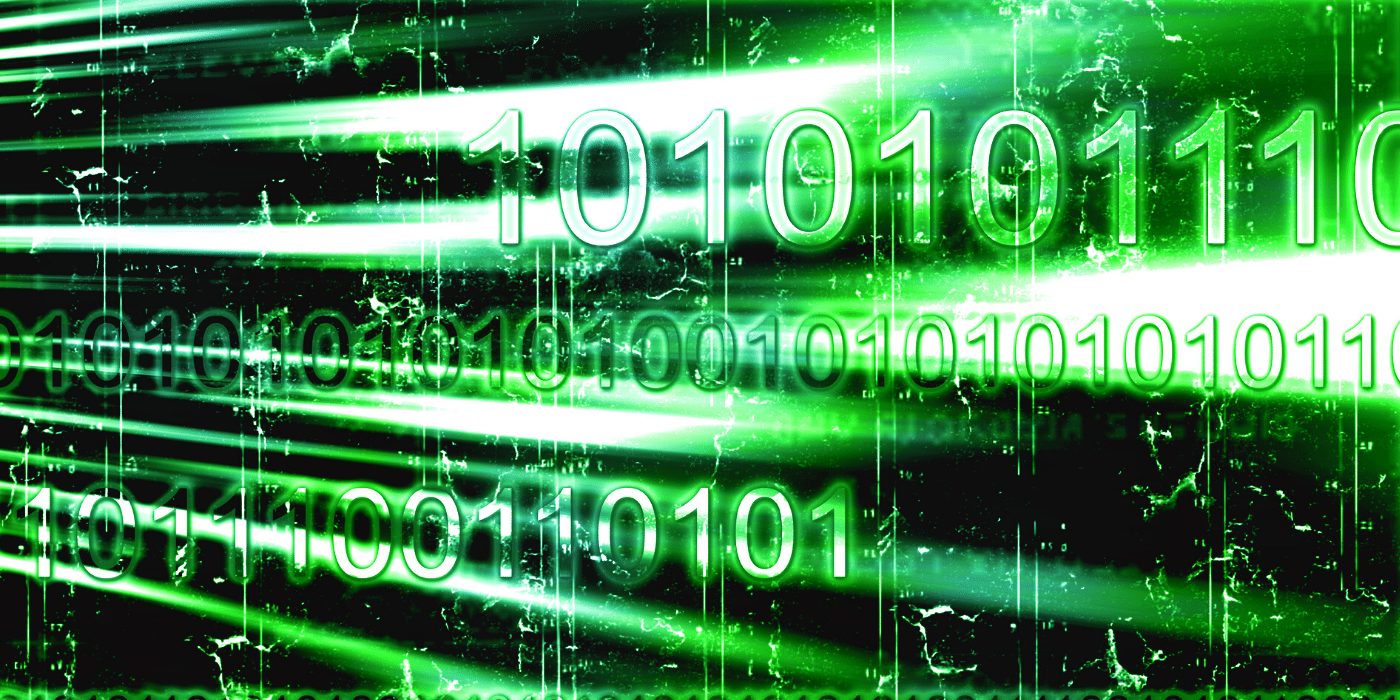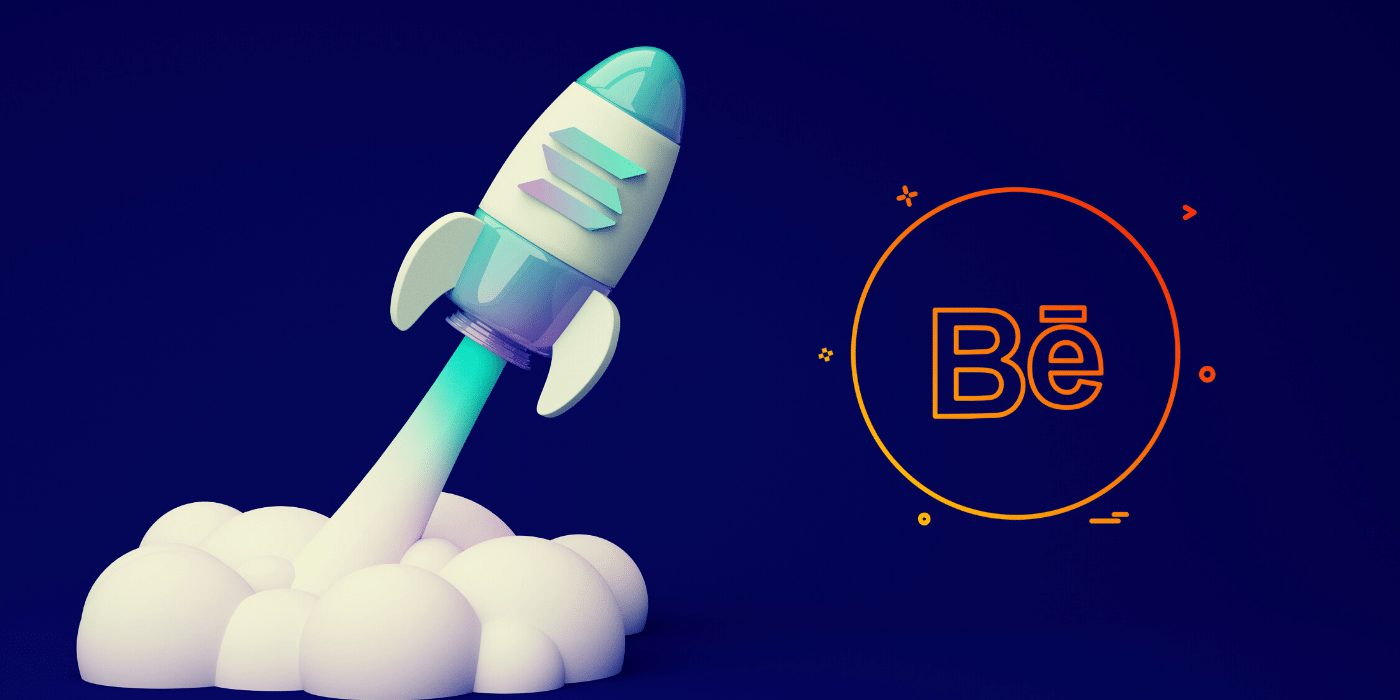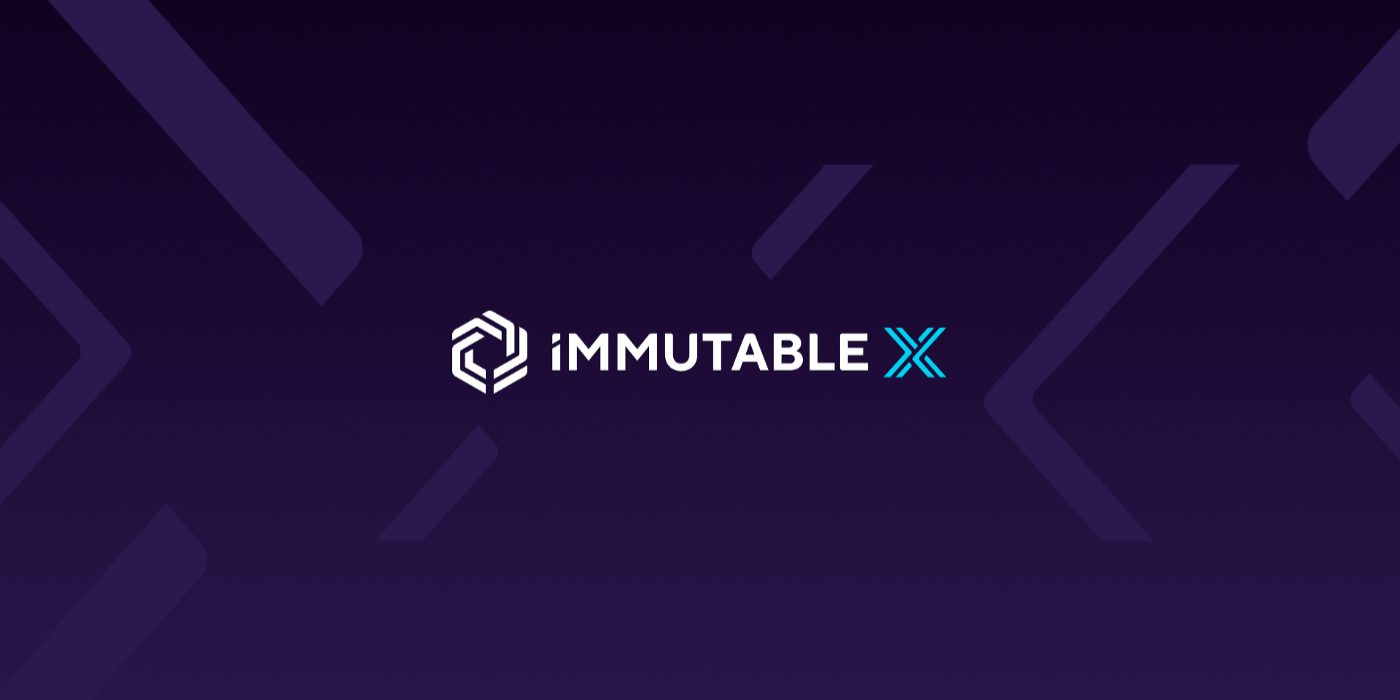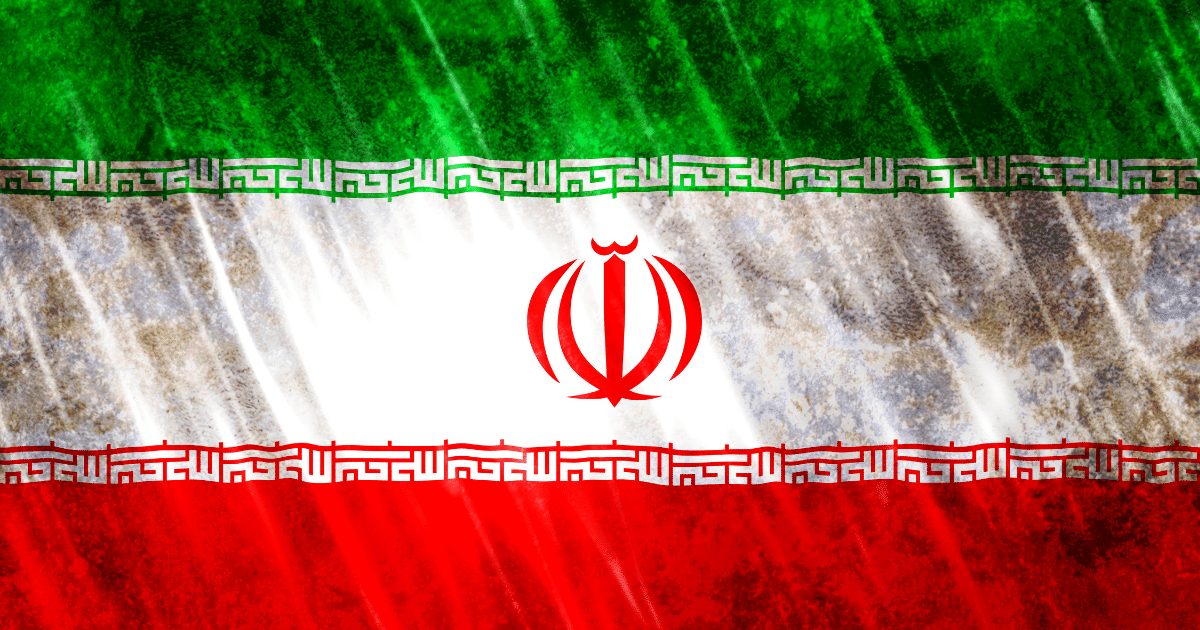Warner Bros Consumer Products along with Cartamundi are launching DC Hybrid NFT trading cards. The ‘hybrid’ card packs will be priced from a modest US$5 to US$120, with buyers using an app called Hro to gain access to their physical cards’ redeemable NFTs.
Warner is creating over six million DC Comics-inspired physical trading cards packaged with redeemable NFTs, available later this month. Cartamundi, a card and board game manufacturer, is responsible for the design of the cards, which will feature 155 different superheroes. The accompanying NFTs will be minted on the Ethereum sidechain Immutable X.
Beginning with the first DC-based hybrid NFT trading cards, Hro will give fans the opportunity to own a physical trading card with an NFT component, bringing blockchain technology together with physical in-store presence for the first time. Using NFTs minted on Immutable X, DC Hybrid Trading Cards by Hro will hit shelves and digital wallets in March 2022, with additional and limited-edition content coming throughout the year.
Cartamundi and Warner Bros joint release
Warner also has plans to issue a few limited-edition cards using images from characters in the latest DC Comics hit movie, The Batman. This is not the first NFT endeavour for WarnerMedia-owned DC Comics. Last year, the two companies announced a partnership with Palm NFT Studio to create a new line of free NFTs tied into upcoming events. For its part in the collaboration, DC offered up digital collectibles based on popular comic book covers such as Batman, Superman, Wonder Woman and Harley Quinn.
NFTs the New Trading Cards
NFTs are akin to the trading cards of the past because of their subjective value, collectible ethos, and variable rarities.
As Pam Lifford, president of WarnerMedia Global Brands and Experiences, has said, “Trading cards have been a favourite of fans for decades. Combining that enthusiasm for collecting with a custom NFT is just brilliant, and this program brings the DC brand to fans in a way that’s never been done before.”

